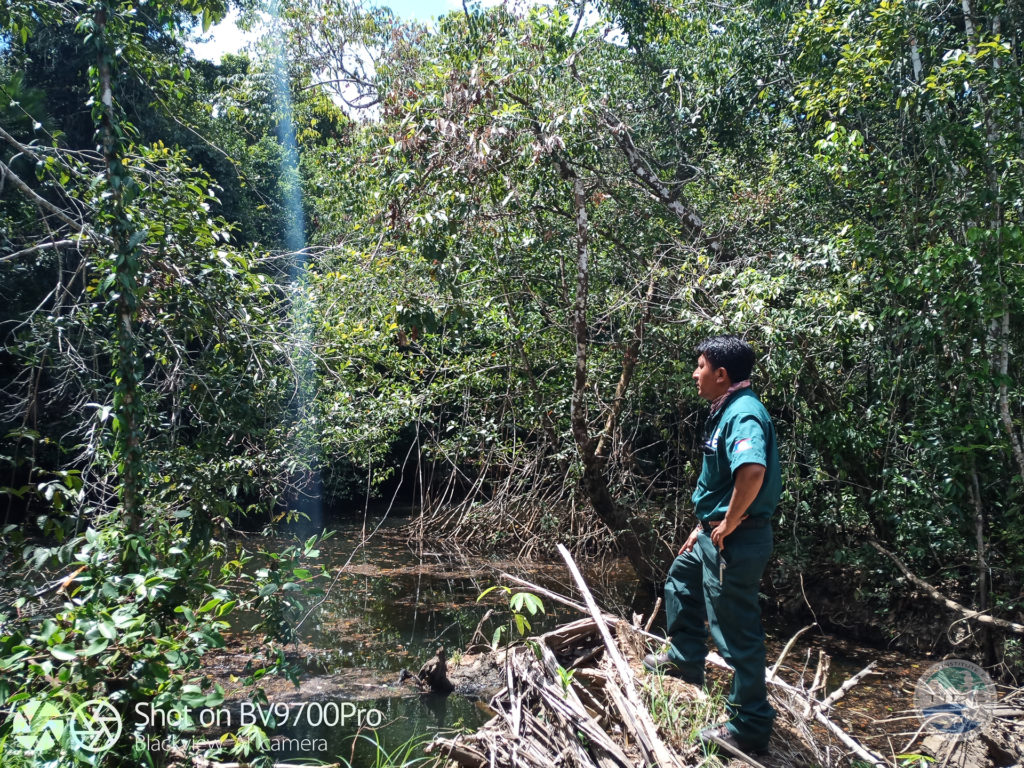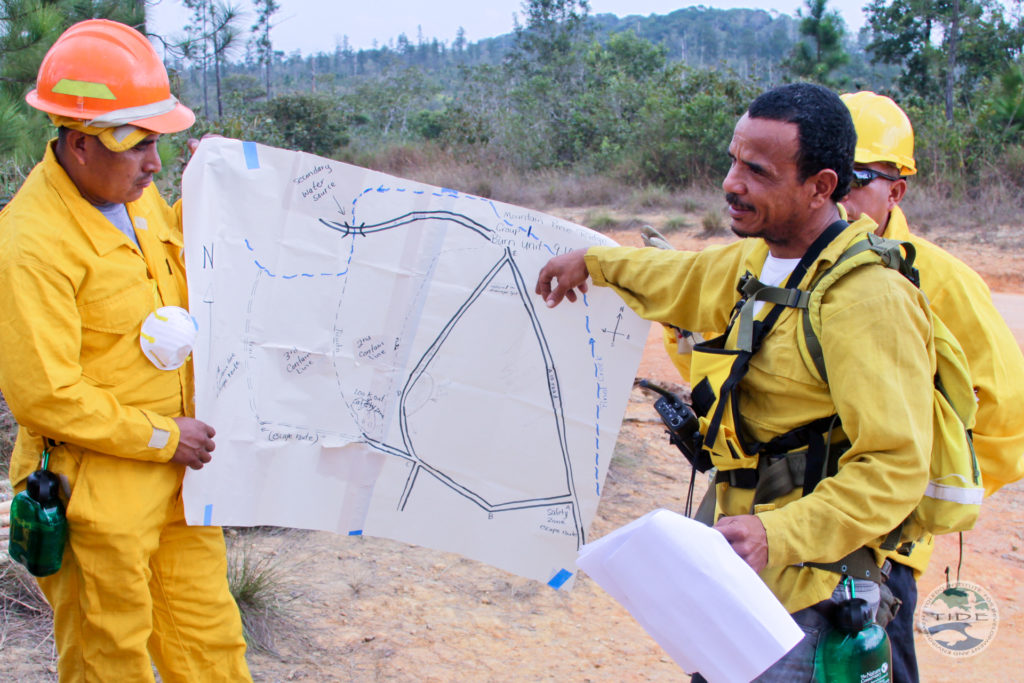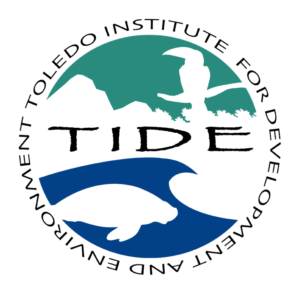Resource Management
TIDE has a responsibility to protect and manage the natural resources found within its protected areas for the benefit of present and future generations. Many stakeholders in the surrounding communities rely on these resources to generate their livelihoods and their needs must be addressed while protecting the resources. Our goal is for local communities to understand the value of protected areas as a means of safeguarding the resources that they depend upon and to have the capacity to actively participate in sustainable management.
- Law Enforcement
- Fire Management
A large part of the resource management carried out by the TIDE rangers is law enforcement. Regular day and night patrols are carried out in all of our protected areas.
In the Port Honduras Marine Reserve, the rangers ensure that fishers have valid Managed Access licenses and are following MPA and fishing regulations. They confiscate any gill nets they find and ensure that recreational visitors also respect the regulations. In Payne’s Creek National Park and the TIDE Private Protected Lands, rangers are on the lookout for illegal poaching and logging. Along the rivers and throughout the network of mangrove lagoons within Payne’s Creek, they remove illegal gillnets and catch illegal fishers. (Read more)

An important part of the terrestrial rangers’ work is controlling man-made wild fires, a major threat to the tropical pine savannah (an endangered ecosystem) in and around Payne’s Creek. The rangers attend yearly fire management training to make sure they are up to date with the latest techniques. (Read more)

Resource management in the Port Honduras Marine Reserve includes Managed Access a fishery management initiative led by the Belize Fisheries Department in conjunction with several partners including TIDE, WCS and EDF. The aim is to keep fishing sustainable by only granting access to traditional fishers so that they can continue to benefit from the fishing industry. Port Honduras Marine Reserve and Glovers Reef Marine Reserve are the two pilot sites for the initiative and initial results are promising.
Monitoring programs run by the science team assess the health of our protected areas and show whether or not our work is having the desired impact in maintaining key species and ecosystems.
Blog
SCMR HEAD RANGER VACANCY
SCMR HEAD RANGER VACANCY The Toledo Institute for Development and Environment (TIDE), announces a vacancy for the position of ONE HEAD RANGER for Sapodilla Cayes Marine Reserve (SCMR). Please see the application instructions below. Education and experience: Associates Degree in required field with at least 2 years experience in the field. Boating skills required. Boat […]
PACT Visit San Pedro Columbia
PACT Visit San Pedro Columbia This week PACT’s Executive Director, Mr. Abil Castañeda and several key staff joined TIDE to visit farmers affected by last year’s fire to find out first-hand how TIDE were involved in the 2024 community effort to out fires in the community of San Pedro Columbia. The group were also joined […]
BNTU Teachers visit PHMR
BNTU Teachers visit PHMR 🌊🐠 TIDE Welcomes BNTU to the Port Honduras Marine Reserve! 🐢🌿 We were thrilled to host a dynamic group of educators as part of the 55th Annual BNTU Convention, held under the powerful theme: “BNTU: Promoting Advocacy, Action and Accountability in Education!” from April 4–8, 2025, at the Punta Gorda Sports […]
